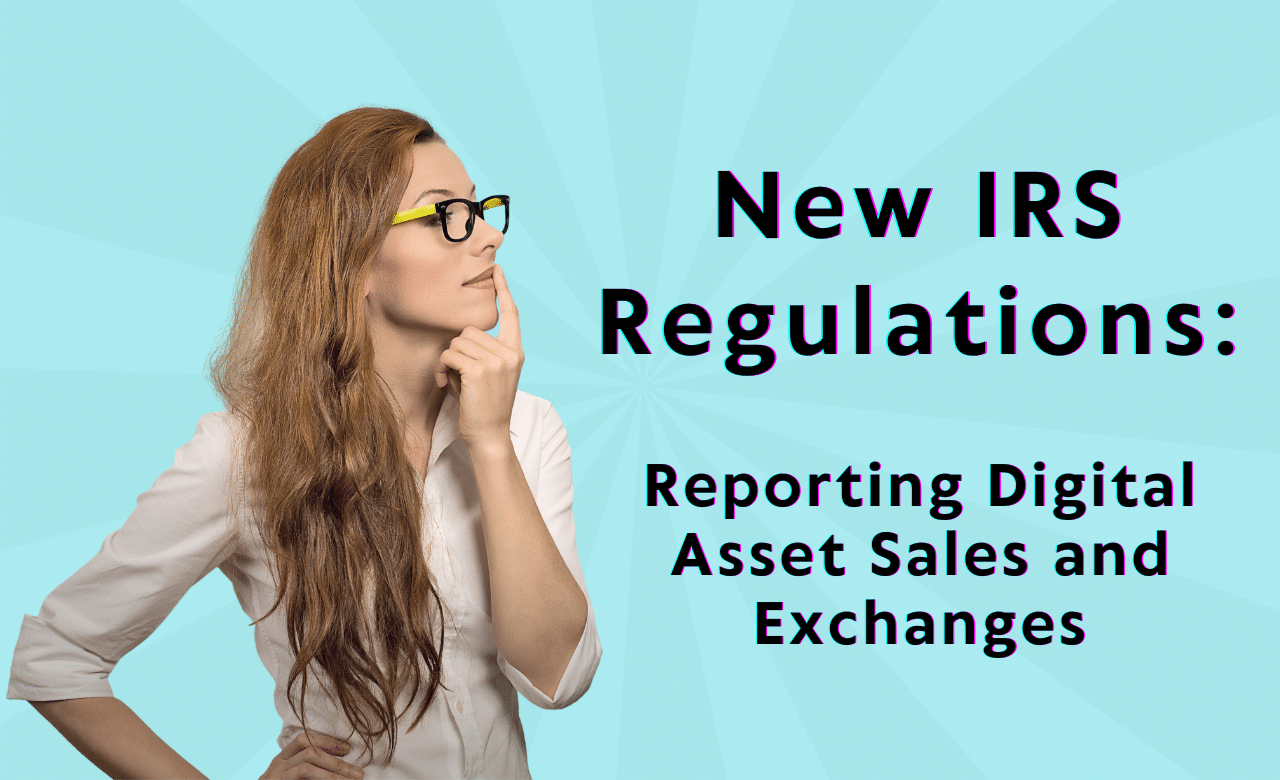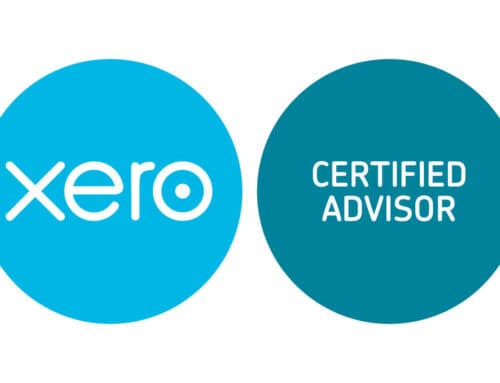Hey everyone! I’m Bette Hochberger, CPA, CGMA. Today, I want to discuss some new IRS’s rules regarding digital asset reporting.
In a move to address the evolving landscape of digital assets and enhance tax compliance, the Department of the Treasury and the IRS have introduced proposed regulations.
These regulations outline the requirements for brokers to report sales and exchanges of digital assets conducted by customers. The initiative seeks to provide clarity, ensure accurate reporting, and prevent the misuse of them for concealing taxable income. So, let’s go ahead and dive into this latest news!
Understanding the Proposed Regulations
The proposed regulations cover various aspects of digital asset transactions that have raised questions within the tax ecosystem. The key aspects of the proposed regulations are as follows:
Defining Brokers and Reporting Requirements
Brokers, including digital asset trading platforms, payment processors, and certain hosted wallet providers, will be required to report gross proceeds on a newly designed Form 1099-DA. This reporting requirement applies to sales or exchanges of digital assets occurring on or after January 1, 2025.
By doing so, brokers aim to ensure accurate reporting to the IRS and provide customers with the necessary information to complete their tax returns.
Gain or Loss Reporting
Under certain circumstances, brokers will also need to furnish gain or loss and basic information for sales or exchanges taking place on or after January 1, 2026. This provision intends to equip customers with the data they require to accurately calculate their tax obligations.
Real Estate Reporting
The proposed regulations extend to real estate reporting persons, which include entities like title companies, closing attorneys, mortgage lenders, and real estate brokers. These entities, treated as brokers for digital asset dispositions, must report the use of digital assets as consideration in real estate transactions closing on or after January 1, 2025.
Computation and Basis Rules
The regulations outline gain (or loss) computation rules, basis determination rules, and backup withholding rules specific to digital asset sale and exchange transactions. These guidelines aim to ensure accurate and consistent reporting across transactions.
The introduction of these proposed regulations marks a significant step in the IRS’s efforts to enhance compliance and transparency in the realm of digital assets. By requiring brokers to report sales and exchanges and providing clear guidelines for reporting requirements, the IRS aims to minimize confusion, promote accurate tax reporting, and prevent the misuse of these assets for tax evasion.
As the digital asset landscape continues to evolve, staying informed about these regulatory developments is crucial for individuals, businesses, and professionals alike.
I hope you learned something new today. As always, stay safe, and I will see you next time.









